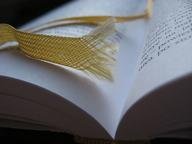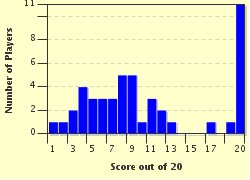Quiz Answer Key and Fun Facts
1. Borges is mostly famous for his short stories. What major literary genres did he never practise?
2. What was the title of Borges's first collection of stories?
3. Which of the following does NOT belong to Borges's typical repertoire of symbols?
4. Borges co-authored several books with which Argentinian writer?
5. In his writings Borges repeatedly refers to a number of his favorite books. Which title does not belong among them?
6. In his early period Borges was particularly fascinated by the folklore of which social group?
7. We are halfway through, so here's an easy one: What was Borges's idea of the paradise?
8. Borges was quite interested in the Jewish Kabbalah. Which one of the following stories with Jewish themes includes direct kabbalistic references?
9. Similarly, Borges had a lifelong interest in the Nordic mythology. The plot of which story from the list below DOES NOT reflect this preoccupation?
10. Borges was also fascinated by Islamic mysticism. In which story does Borges talk about a magical object the name of which means "the manifest" in Arabic?
11. One of Borges' favorite subjects was secret societies. Which of the following stories does not contain this motive?
12. Shortly before his death Borges married Maria Kodama, his long-time companion. Which of the following female characters in his stories is based on Kodama?
13. Since this is question number 13, here's a tough one: What is the most characteristic figure of speech in Borges's prose?
14. Borges once denounced (at a substantial personal risk) one dictatorship only to praise another at a much later date. Who were the dictators involved?
15. What important event in Borges's life took place on December 24, 1938?
16. After Borges had been sacked by Juan Peron from his library job, what position was officially offered to him?
17. What caused Borges to say, "I speak of God's splendid irony in granting me at once 800,000 books and darkness"?
18. What was the first language learned by Borges in his childhood?
19. Which one of these short stories by Borges was turned into a feature film in 1996?
20. Borges received a Nobel prize for literature in 1985.
Source: Author
ogonczyk
This quiz was reviewed by FunTrivia editor
agony before going online.
Any errors found in FunTrivia content are routinely corrected through our feedback system.

